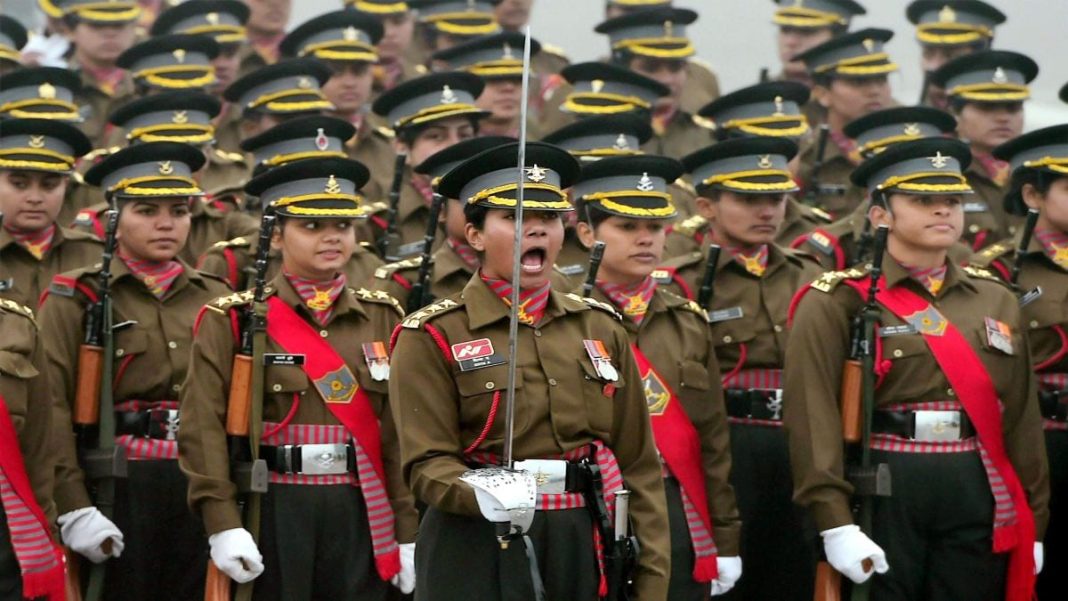In a significant development regarding gender roles within the Indian Army, Lt General Rajeev Puri, the outgoing Corps Commander of the 17 Corps, has issued a critical assessment of women in command positions during his tenure. This feedback comes four years after the Supreme Court’s historic ruling in 2020, which allowed women to assume permanent commissions in the Army, making strides toward gender equality in military leadership.
In a detailed five-page letter dated October 1, addressed to senior officials including General Officer Commanding-in-Chief, Eastern Command, Lt General Ram Chander Tiwari, Lt Gen Puri articulated various leadership shortcomings observed among eight Colonel-rank women officers under his command. His observations raised questions that may reignite the ongoing debate around the role of women in senior positions within the armed forces.
Among the concerns highlighted by Lt Gen Puri were issues related to interpersonal relations, a reported “lack of tact and understanding,” and instances where the women commanding officers exhibited an “exaggerated tendency to complain.” According to him, there has been a noticeable increase in officer management issues within units led by female officers, which he said stemmed from issues of trust and mutual respect amongst personnel.
One particularly striking example cited involved a woman CO who insisted on having a subedar major open her vehicle door, an action that Lt Gen Puri noted was against established orders. This situation led to interpretations of a “misplaced sense of entitlement” among some women COs.
Additionally, Lt Gen Puri suggested that a desire for immediate recognition for minor achievements and a confrontational approach to conflict resolution were prevalent among the women officers he evaluated. He argued that these behavioral traits could be attributed to an eagerness to prove their capabilities in a traditionally male-dominated field.
In a significant conclusion, Lt Gen Puri called for a shift from a “gender equality” framework to one of “gender neutrality,” emphasizing that while equal opportunities are important, all personnel should be evaluated based on their respective merits and capabilities, uncolored by gender biases.
The letter elicited strong reactions across various sectors. Some defense establishment sources described the letter as part of an ongoing process to improve the training of women officers, noting that it aimed to enhance the standards required to prepare female officers for command roles. In contrast, women officers expressed dismay and disappointment, labeling the letter as reflecting a “blatant sexism” that undermines their professional ethics.
Reactions on social media were also polarized. Supporters of the letter pointed to the validity of its concerns, while critics argued that it unfairly stereotyped and generalized the experiences and capabilities of women COs, reinforcing outdated notions of gender roles within the military.
This discussion emerges against the backdrop of considerable progress made since the Supreme Court’s landmark decision that granted women officers the right to permanent commission and positioned them equally with their male counterparts concerning promotions and benefits. Following this ruling, a notable 108 women officers were promoted to the rank of colonel in 2023, signifying a meaningful stride toward gender parity in military leadership.
Overall, the ongoing discourse instigated by Lt Gen Puri’s letter highlights the complexities and challenges that remain in integrating women into senior command roles within the Indian Army, posing critical questions about leadership, gender dynamics, and the future of military service.





